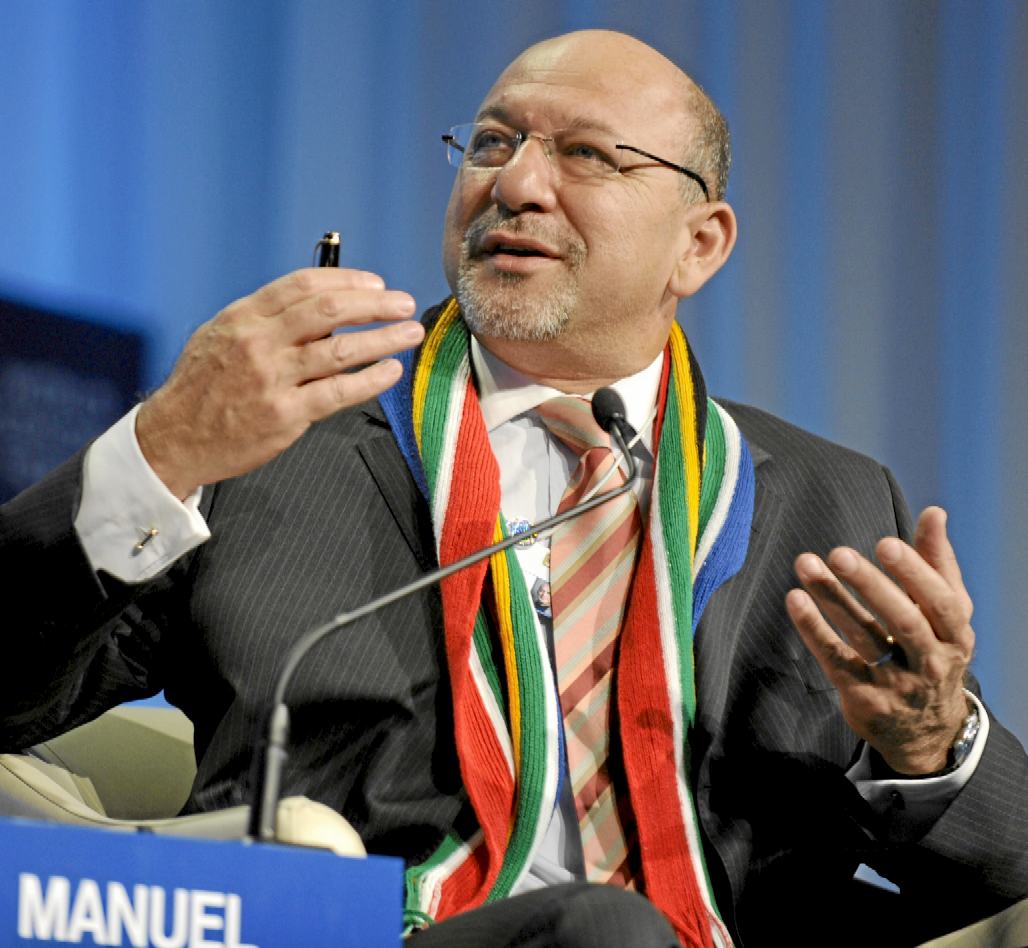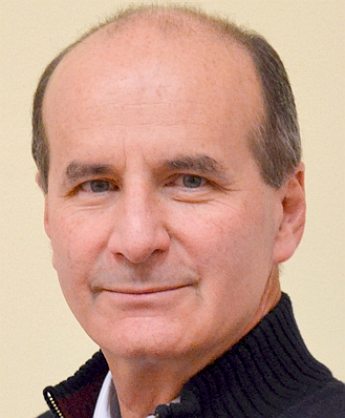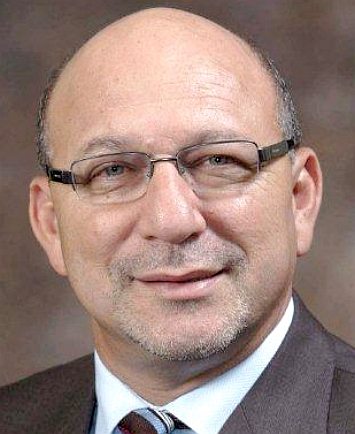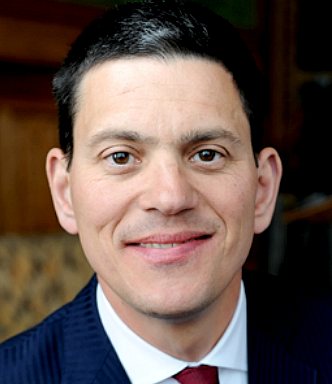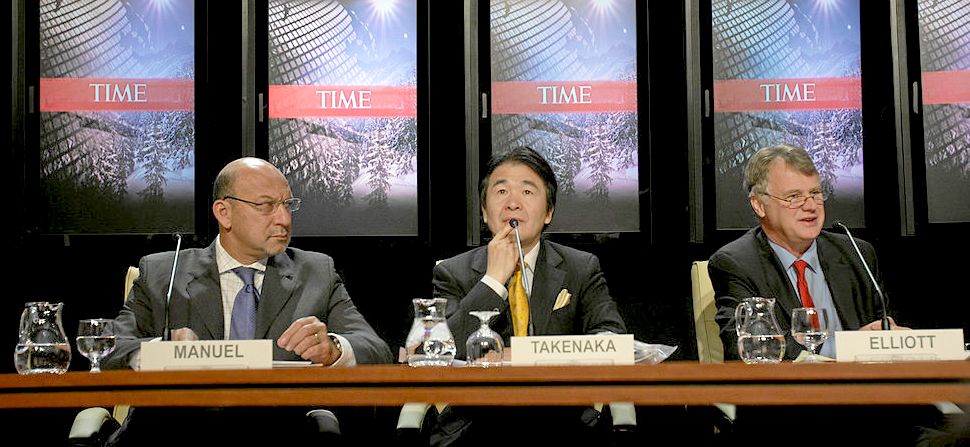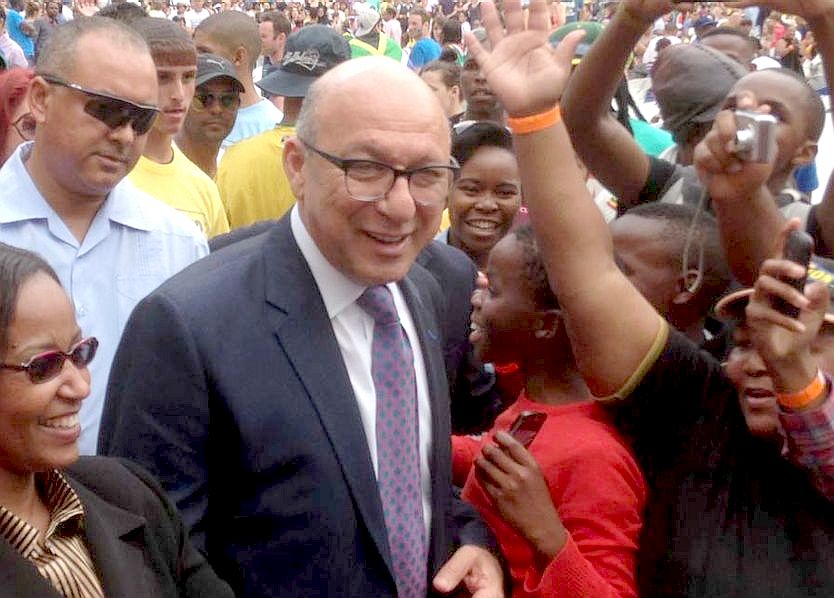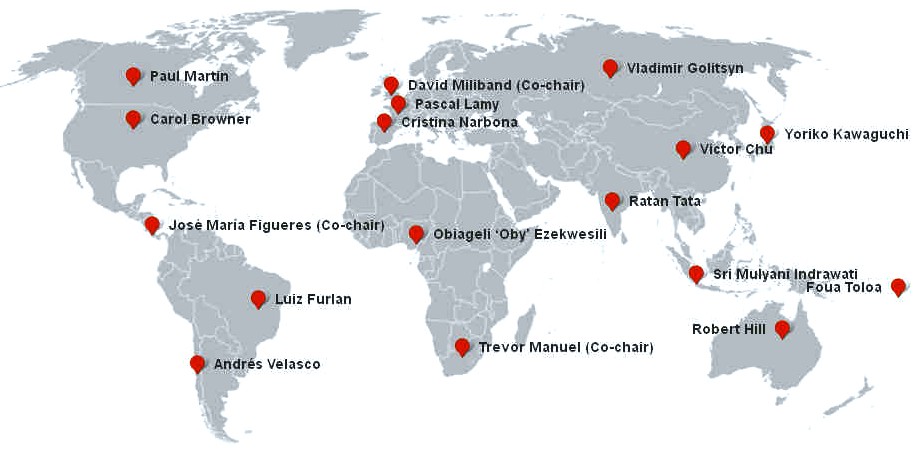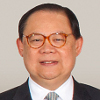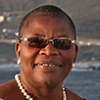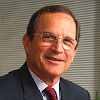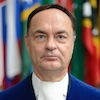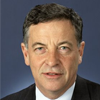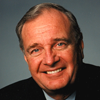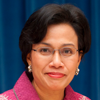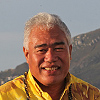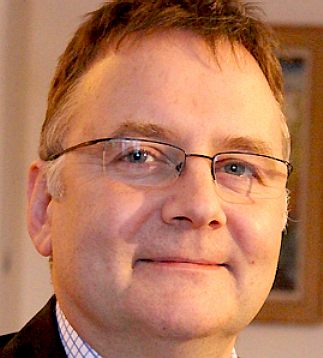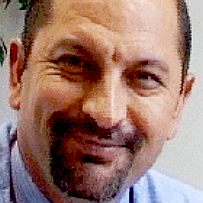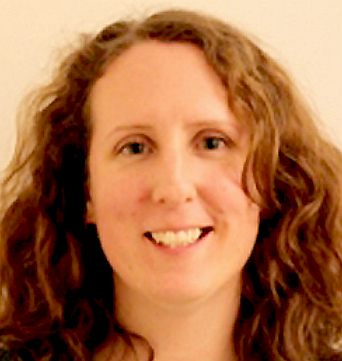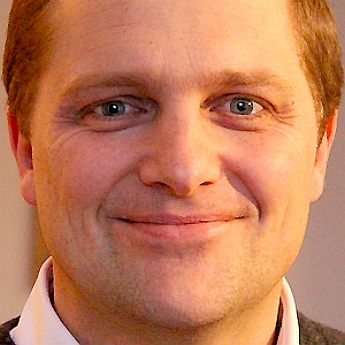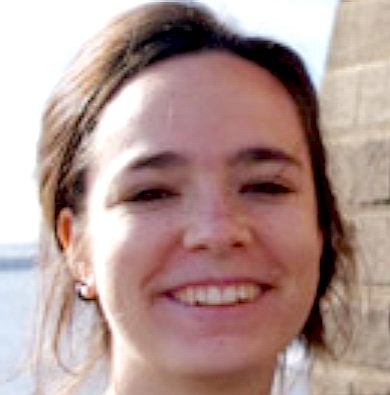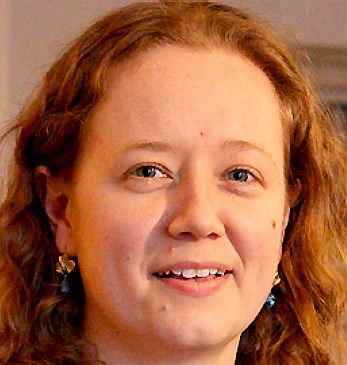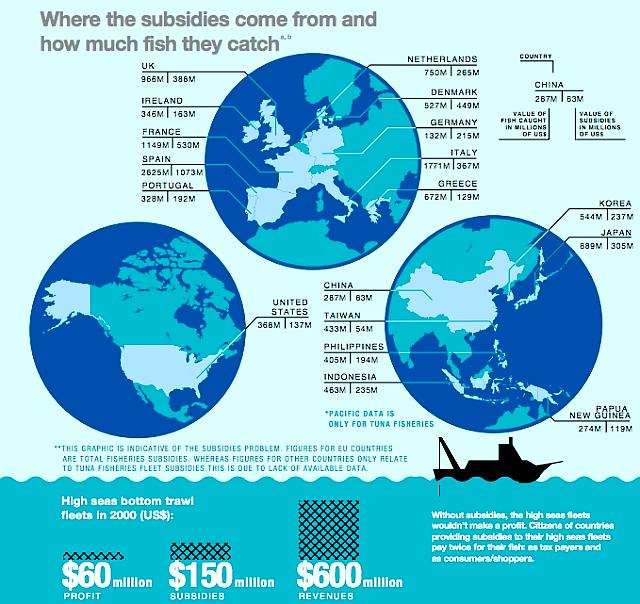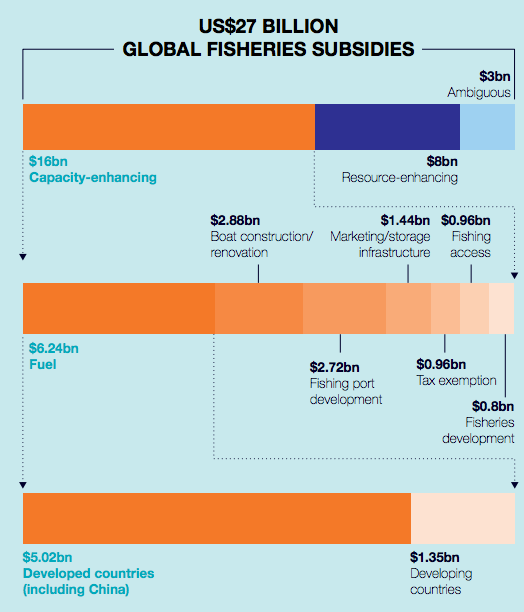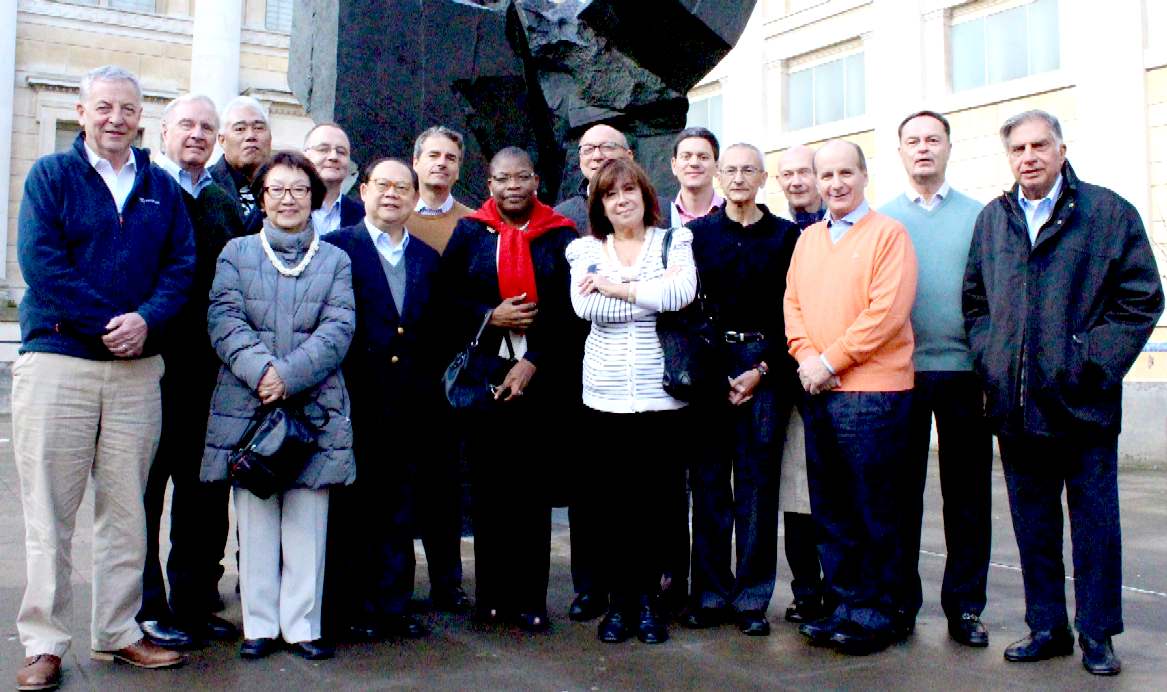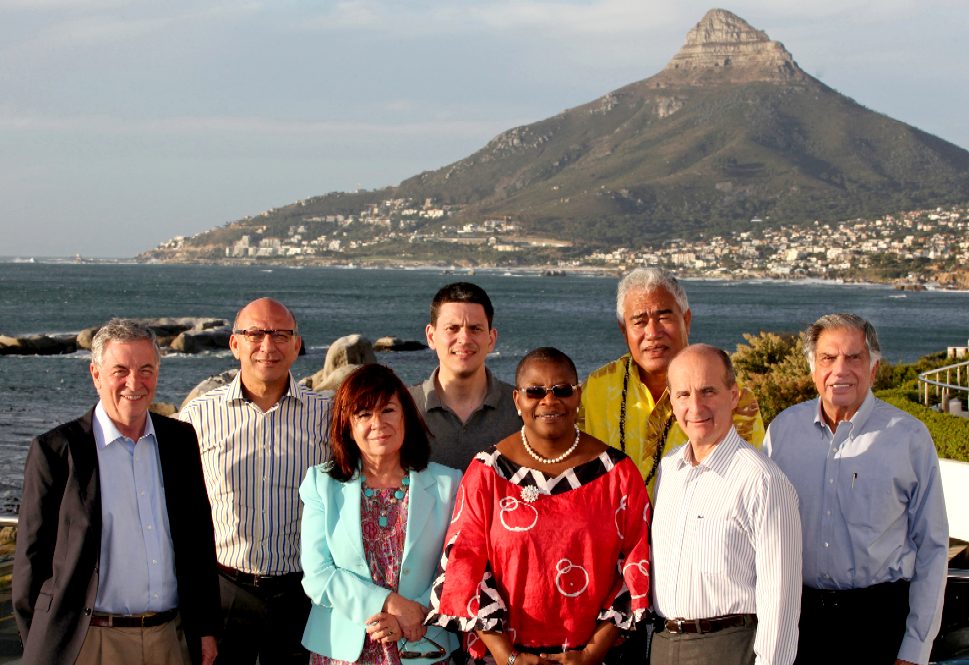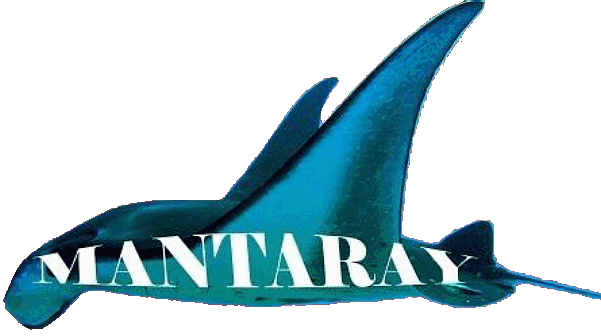|
TREVOR MANUEL
|
|||||||||||||||||||||||||||||||||||||
|
GLOBAL OCEAN COMMISSIONERS - CO-CHAIRS
CO CHAIR - Trevor Manuel was one of South Africa’s longest serving Ministers of Finance, and is now Minister in the Presidency and head of the National Planning Commission. After South Africa’s first democratic elections in 1994, Mr Manuel was appointed Minister for Trade and Industry. Two years later he became Minister of Finance. Trevor Manuel actively opposed apartheid policies for many years, and became head of the African National Congress’s Department of Economic Planning prior to the 1994 election. He was a member of the ANC’s National Executive Committee from 1991 to 2012. Mr Manuel has chaired the International Monetary Fund’s Development Committee, served as Special Envoy for Development Finance for UN Secretaries-General Kofi Annan and Ban Ki-Moon, and served on the Commission for Africa and the task team on Global Public Goods. In 2011 he became a Co-chair of the Transitional Committee of the Green Climate Fund, a UN fund to help poorer nations combat and adapt to climate change. Mr Manuel has received numerous honorary doctorates and awards.
Trevor Andrew Manuel (born 31 January 1956) is a South African politician who served in the government of South Africa as Minister of Finance from 1996 to 2009, during the presidencies of Nelson Mandela, Thabo Mbeki and Kgalema Motlanthe, and subsequently as Minister in the Presidency for the National Planning Commission from 2009 to 2014 under President Jacob Zuma.
Trevor entered public life in 1981 as the General Secretary of the Cape Areas Housing Action Committee, after which he became a National Executive member of the United Democratic Front (UDF). In September 1985 Manuel was detained and then banned until 31 August 1990. However, Manuel's ban was lifted on 25 March 1986 after it was ruled that it was not in line with the provisions of the Internal Security Act. On 15 August 1986 Manuel was again detained under the emergency regulations for almost two years until July 1988. He was released from detention under severe restrictions but promptly detained again in September 1988, this time until February 1989. His release came with stringent restriction orders.
Trevor Manuel, South Africa Minister of Finance, Heizō Takenaka, Director of Global Security Research Institute of Keio University, and Michael Elliott, Editor of The Time, spoken at the World Economic Forum Annual Meeting in Davos Municipality, Graubünden Canton on January 28, 2009.
POST APARTHEID
HISTORY
Trevor Manual at the free tribute concert to commemorate Mandela's death at the Cape Town Stadium on Wednesday, 11 December 2013.
GLOBAL OCEAN COMMISSION (GOC) OBJECTIVES
The objective of the Global Ocean Commission is to address
the issues hereis by formulating ‘politically and technically feasible
short, medium, and long-term recommendations.
The Global Ocean Commission
GLOBAL OCEAN COMMISSIONERS - A map of the world showing the location of the GOC's commissioners.
THE COMMISSIONERS
RICH COUNTRIES PAY ZOMBIES $5 BILLION A YEAR IN SUBSIDIES TO PLUNDER THE OCEANS
- Without the subsidies, most of these businesses would fail. So thoroughly have industrial fleets
over-fished the seas that they couldn’t afford the fuel to travel the ever-increasing distance needed to catch the same amount of fish if their governments didn’t lavish public funds upon them.
RICH COUNTRIES PAY ZOMBIES $5 BILLION A YEAR IN SUBSIDIES TO PLUNDER THE OCEANS
- Not all subsidies are bad. In fact, subsidies to promote fishery resource conservation and
management - things like stock assessments and stock monitoring - are exactly the kinds of things we should be pressing our governments to foot the bill for. But some $16 billion in subsidies goes exclusively toward making it cheaper to catch more fish. That’s a problem, given that the global deepwater fleet is already 2.5 times bigger than what the GOC says is sustainable to maintain global fish stocks.
The Global Ocean Commission at its meeting in Oxford, 21st-23rd November 2013 (left to right) Robert Hill, Paul Martin, Foua Toloa, Yoriko Kawaguchi, Simon Reddy (Executive Secretary), Victor Chu, Andrés Velasco, Obiageli Ezekwesili, Trevor Manuel (Co-chair), Cristina Narbona, David Miliband (Co-chair), John Podesta, Pascal Lamy, José María Figueres (Co-chair), Vladimir Golitsyn, Ratan Tata.
LINKS & REFERENCE
Buzz South Africa Trevor Manuel profile biography Telegraph US-royal-tour-Prince-of-Wales-makes-plea-for-cleaner-oceans Prince-of-Wales-speech-hrh-the-prince-of-wales-event-titled-plastic-the-marine-environment-scaling Daily Mail Charles-horrified-toll-plastic-dumped-sea-Prince-Wales-plea-solve-issue-sake-future-generations The Guardian environment 2015 March 19 Prince-charles-calls-for-end-to-dumping-of-plastic-in-worlds-oceans http://abcnews.go.com/US/wireStory/prince-charles-speaks-dangers-plastic-waste-oceans-29736519 National Geographic news 2014 June Global-ocean-commission-report-high-seas-fishing-environment Virgin leadership and advocacy introducing global ocean commission Wikipedia European_Commissioner_for_Maritime_Affairs_and_Fisheries Reuters 2013 US oceans new global group to clean up National Geographic 2014 global-ocean-commission-report-high-seas-fishing-environment http://en.wikipedia.org/wiki/European_Commissioner_for_Maritime_Affairs_and_Fisheries http://www.virgin.com/unite/leadership-and-advocacy/introducing-global-ocean-commission http://www.scienceifl.com/ocean-plastic-pollution.htm http://abcnews.go.com/US/wireStory/prince-charles-speaks-dangers-plastic-waste-oceans-29736519 http://www.globaloceancommission.org/ http://time.com/3750375/environment-prince-charles-oceans/ http://news.nationalgeographic.com/2015/03/150318-prince-charles-oceans-trash-plastic-britain/ http://en.wikipedia.org/wiki/Global_Ocean_Commission http://www.itv.com/news/2015-03-18/prince-charles-makes-impassioned-plea-for-oceans-clean-up/ http://buzzsouthafrica.com/trevor-manuel-profile-biography/ http://mg.co.za/tag/trevor-manuel http://whoswho.co.za/trevor-manuel-918 http://en.wikipedia.org/wiki/Trevor_Manuel
ACID OCEANS - ARCTIC - ATLANTIC - BALTIC - BERING - CARIBBEAN - CORAL - EAST CHINA - ENGLISH CH GULF MEXICO - GOC - INDIAN - MEDITERRANEAN - NORTH SEA - PACIFIC - PERSIAN GULF - SEA JAPAN - STH CHINA PLANKTON
- PLASTIC
- PLASTIC
OCEANS - UNCLOS
- UNEP
- WWF
|
|||||||||||||||||||||||||||||||||||||
|
This website is Copyright © 2015 Bluebird Marine Systems Ltd. The names Bluebird™, Bluefish™, SeaNet™, SeaVax™ and the blue bird and fish in flight logos are trademarks. CONTACTS The color blue is a protected feature of the trademarks.
|
